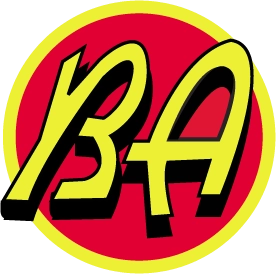
Staying Compliant with Heavy Truck Repair Regulations
Heavy truck repair shops must follow strict regulations to stay compliant and avoid costly fines. Regulatory bodies like the FMCSA, DOT, EPA, and OSHA set standards to ensure safety and environmental responsibility. Shops that fail to comply risk penalties, business disruptions, and reputational damage.
Managing compliance manually can be overwhelming, but the right tools make it easier. ITrack helps shops track regulations, maintain records, and meet industry standards effortlessly.
Understanding Heavy Truck Repair Regulations
Regulations in the heavy truck repair industry protect workers, customers, and the environment. Shops must follow guidelines from:
- FMCSA and DOT – Ensure trucks meet safety and performance standards.
- OSHA – Maintain a safe work environment for technicians.
- EPA – Properly handle and dispose of hazardous materials.
Regulatory requirements change often. Shops need a system that keeps them informed and ready for audits.
Record-Keeping and Documentation for Compliance
Accurate records prove compliance and protect against legal issues. Shops must document:
- Repair logs and service records.
- Inspection reports and safety checks.
- Parts inventory and usage.
ITrack simplifies record-keeping by storing digital logs and generating reports. Shops can quickly retrieve records for audits and inspections.
Safety and Environmental Regulations in Heavy Truck Repair
Heavy truck repair shops handle hazardous materials and operate heavy equipment. They must follow safety and environmental laws, including:
- OSHA Workplace Safety Standards – Provide proper training, protective gear, and safe working conditions.
- EPA Hazardous Waste Disposal Rules – Properly dispose of oil, batteries, and chemicals to prevent contamination.
ITrack helps shops track safety protocols, schedule inspections, and ensure compliance with EPA and OSHA regulations.
Compliance with Parts and Repair Standards
Shops must use certified parts and follow manufacturer repair guidelines. Failure to meet standards can lead to liability issues and customer dissatisfaction. Key compliance factors include:
- Using parts that meet FMCSA and manufacturer standards.
- Tracking inventory to avoid using expired or recalled parts.
- Keeping detailed records of repairs and replacements.
ITrack helps shops monitor parts inventory, verify compliance, and generate reports to meet regulatory requirements.
Training and Certification Requirements for Technicians
Regulations require technicians to have proper training and certifications. Shops must ensure:
- Technicians hold valid certifications for diesel repair.
- Employees receive ongoing training on safety and compliance updates.
- Records track technician qualifications and renewals.
ITrack provides tracking tools to manage employee certifications and training programs.

Stay Compliant with ITrack
Heavy truck repair regulations keep shops accountable, but staying compliant takes effort. ITrack makes it easier with automated tracking, digital record-keeping, and real-time alerts. Schedule a demo today to see how ITrack helps your shop stay compliant and efficient.
Get the Latest HeavyTruckParts.Net Listings Delivered Directly to You!


Online Absolute Auctions
Providing clients with customized, quick response services for 20+ years.